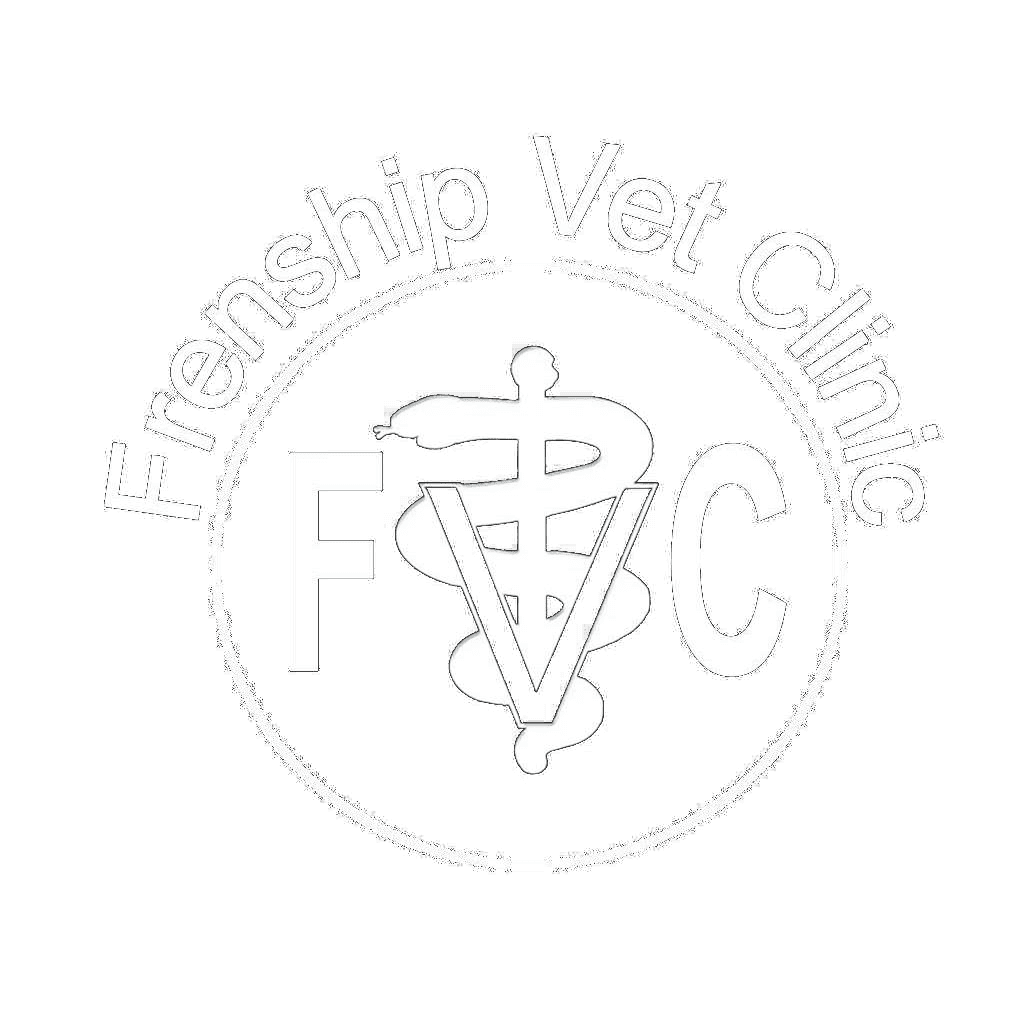Hearing that your pet has heartworm is something no pet owner wants to experience. It’s natural to feel anxious. With veterinary care and the right treatment plan, many pets can recover and return to good health. For National Heartworm Awareness Month at Frenship Vet Clinic, we will guide you step-by-step through what happens after a heartworm-positive diagnosis so you know exactly what to expect.
Confirming a Heartworm Diagnosis
After an initial positive heartworm test, your veterinarian will not jump straight to treatment. First, they will run follow-up diagnostics to fully understand the situation. Microfilaria testing checks for baby heartworms in the bloodstream. Additional blood tests evaluate overall organ function. Chest X-rays or ultrasound are used to examine the condition of the heart and lungs. These tests enable your veterinarian to determine how far the heartworm infection has progressed and create a treatment plan based on that advancement.
Activity Restriction for Heartworm-Positive Pets
Once heartworm disease is confirmed, your pet’s physical activity will need to be drastically reduced—sometimes to strict crate rest. This is because exercise increases blood flow, which can cause dead or dying worms to break loose and cause blockages in the lungs or heart.
- Dogs may need to skip walks and playtime for several months.
- Cats, too, need a calm environment to reduce stress on the body.
- Activity restriction continues throughout the treatment process.
This might be the hardest part for both you and your pet, but it’s absolutely essential for their safety.
What is Heartworm Disease Treatment Like for Dogs?
For dogs, heartworm treatment typically follows a carefully staged protocol.
- Pre-treatment medications like antibiotics weaken the worms and reduce complications.
- Anti-inflammatory medications manage lung inflammation.
- Adulticide injections are given over a series of visits to kill adult heartworms.
During this time, your veterinarian may also prescribe heartworm preventatives to eliminate juvenile worms and prevent new infections.
Treatment must be closely monitored to manage side effects, and recovery takes time. After your dog’s heartworm treatment is complete, your pet will need continued rest and follow-up testing. Your dog will also start (or continue) a regular heartworm prevention routine to protect against future infections. Remember, surviving heartworm once doesn’t make pets immune.
What About Cats with Heartworm Disease?
Heartworm disease in cats is more complicated because there is no approved treatment for adult heartworms in felines. Infected cats receive supportive care to manage their symptoms, which may include:
- Medication to control inflammation
- Oxygen therapy if breathing becomes difficult
- Careful monitoring to catch complications early
Since treatment options are limited, heartworm prevention is even more crucial for cats.
With Care and Caution, Heartworm Disease Recovery Is Possible
Heartworm disease is serious, but with expert veterinary care and dedicated at-home management, recovery is within reach. Frenship Vet Clinic will be by your side through heartworm diagnosis, treatment, and beyond. Are you concerned that your cat or dog may have heartworm disease? Our veterinary clinic serves Wolfforth, TX, and the surrounding communities, including Lubbock, Shallowater, Ropesville, Brownfield, and New Home. Schedule an appointment for heartworm testing and get your pet back on the path to wellness.





